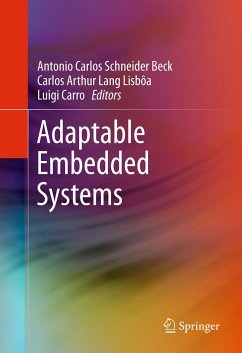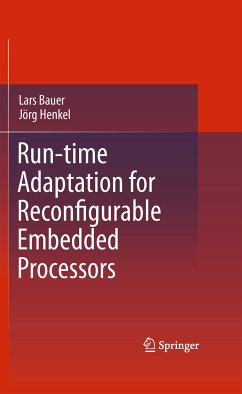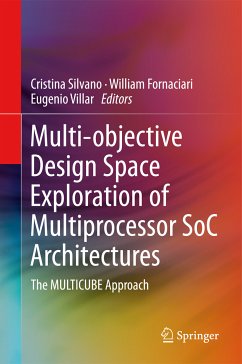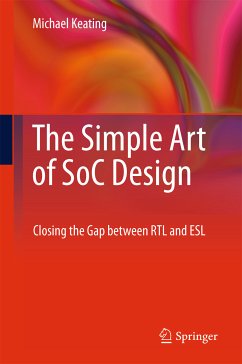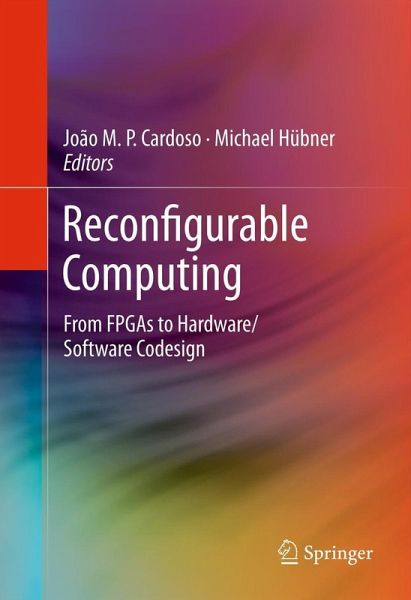
Reconfigurable Computing (eBook, PDF)
From FPGAs to Hardware/Software Codesign
Redaktion: Cardoso, Joao; Hübner, Michael
Versandkostenfrei!
Sofort per Download lieferbar
80,95 €
inkl. MwSt.
Weitere Ausgaben:

PAYBACK Punkte
40 °P sammeln!
As the complexity of modern embedded systems increases, it becomes less practical to design monolithic processing platforms. As a result, reconfigurable computing is being adopted widely for more flexible design. Reconfigurable Computers offer the spatial parallelism and fine-grained customizability of application-specific circuits with the postfabrication programmability of software. To make the most of this unique combination of performance and flexibility, designers need to be aware of both hardware and software issues. FPGA users must think not only about the gates needed to perform a comp...
As the complexity of modern embedded systems increases, it becomes less practical to design monolithic processing platforms. As a result, reconfigurable computing is being adopted widely for more flexible design. Reconfigurable Computers offer the spatial parallelism and fine-grained customizability of application-specific circuits with the postfabrication programmability of software. To make the most of this unique combination of performance and flexibility, designers need to be aware of both hardware and software issues. FPGA users must think not only about the gates needed to perform a computation but also about the software flow that supports the design process. The goal of this book is to help designers become comfortable with these issues, and thus be able to exploit the vast opportunities possible with reconfigurable logic.
Dieser Download kann aus rechtlichen Gründen nur mit Rechnungsadresse in A, B, BG, CY, CZ, D, DK, EW, E, FIN, F, GR, HR, H, IRL, I, LT, L, LR, M, NL, PL, P, R, S, SLO, SK ausgeliefert werden.



